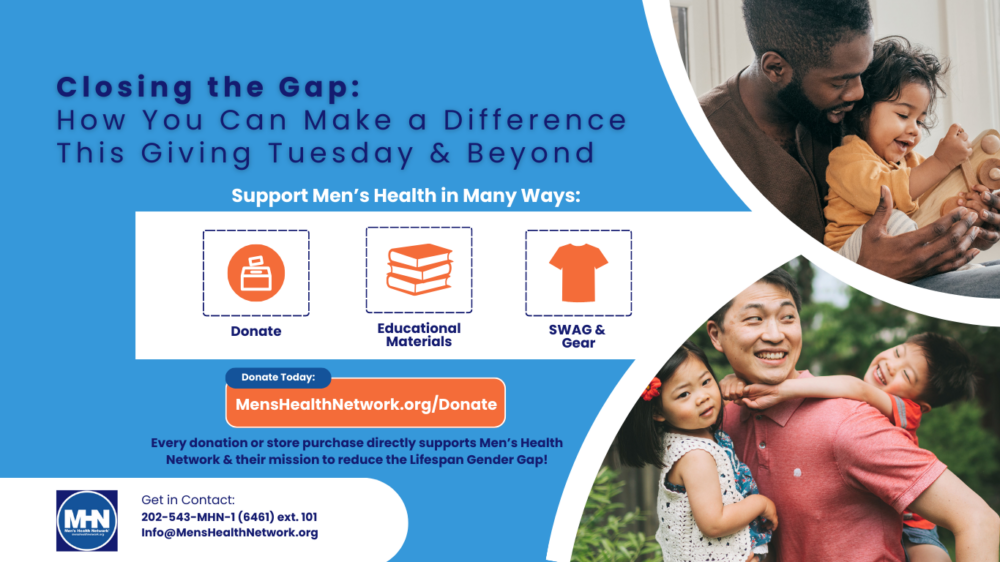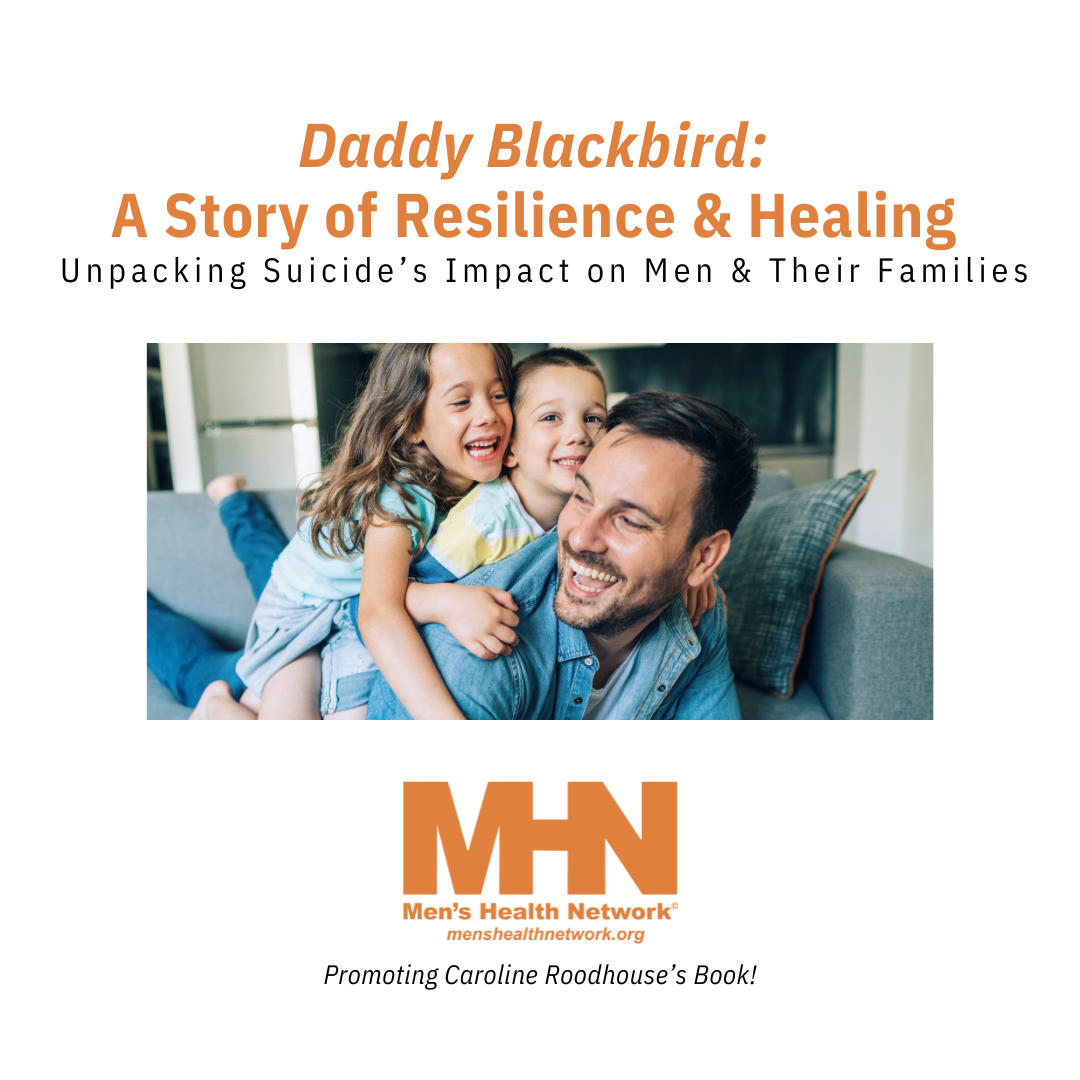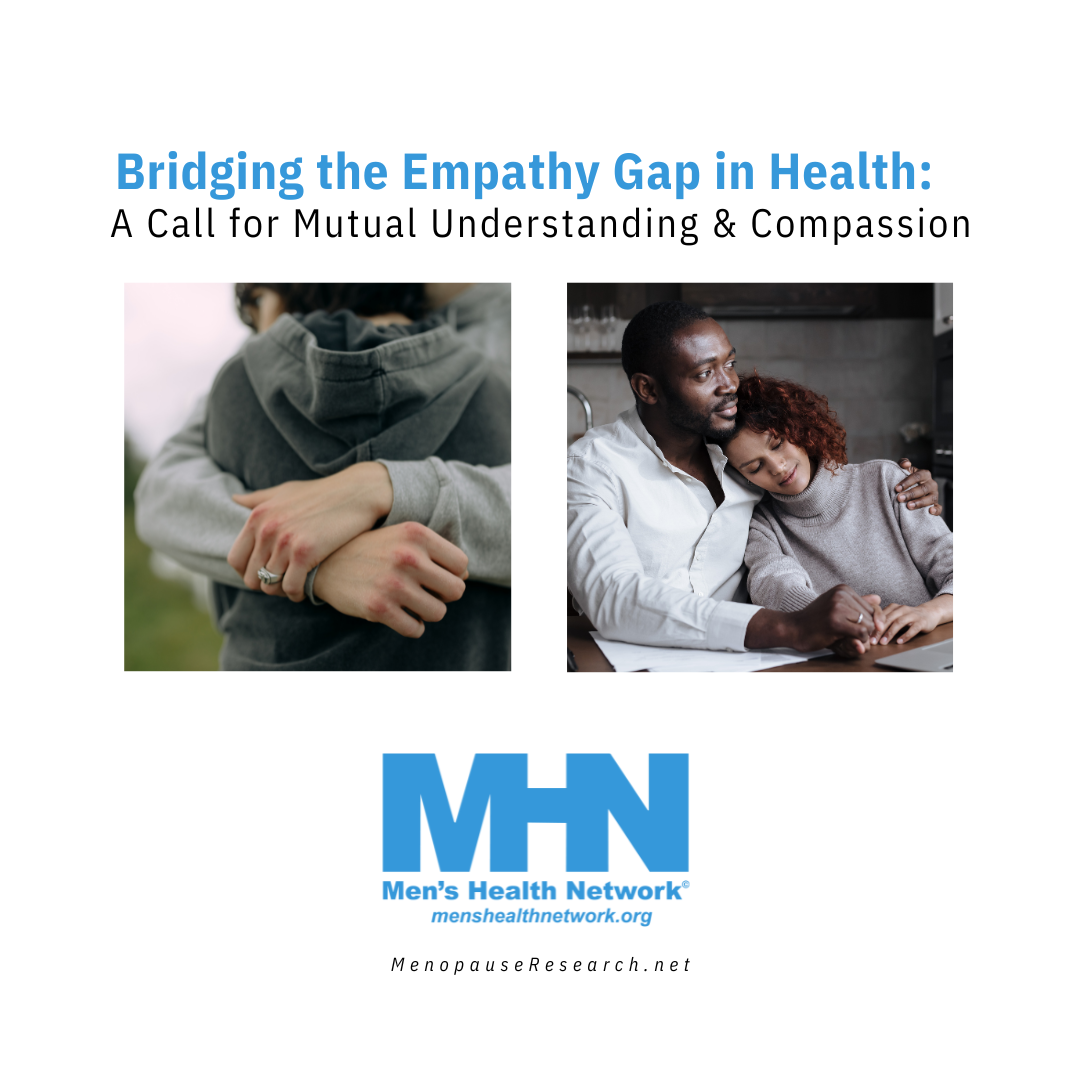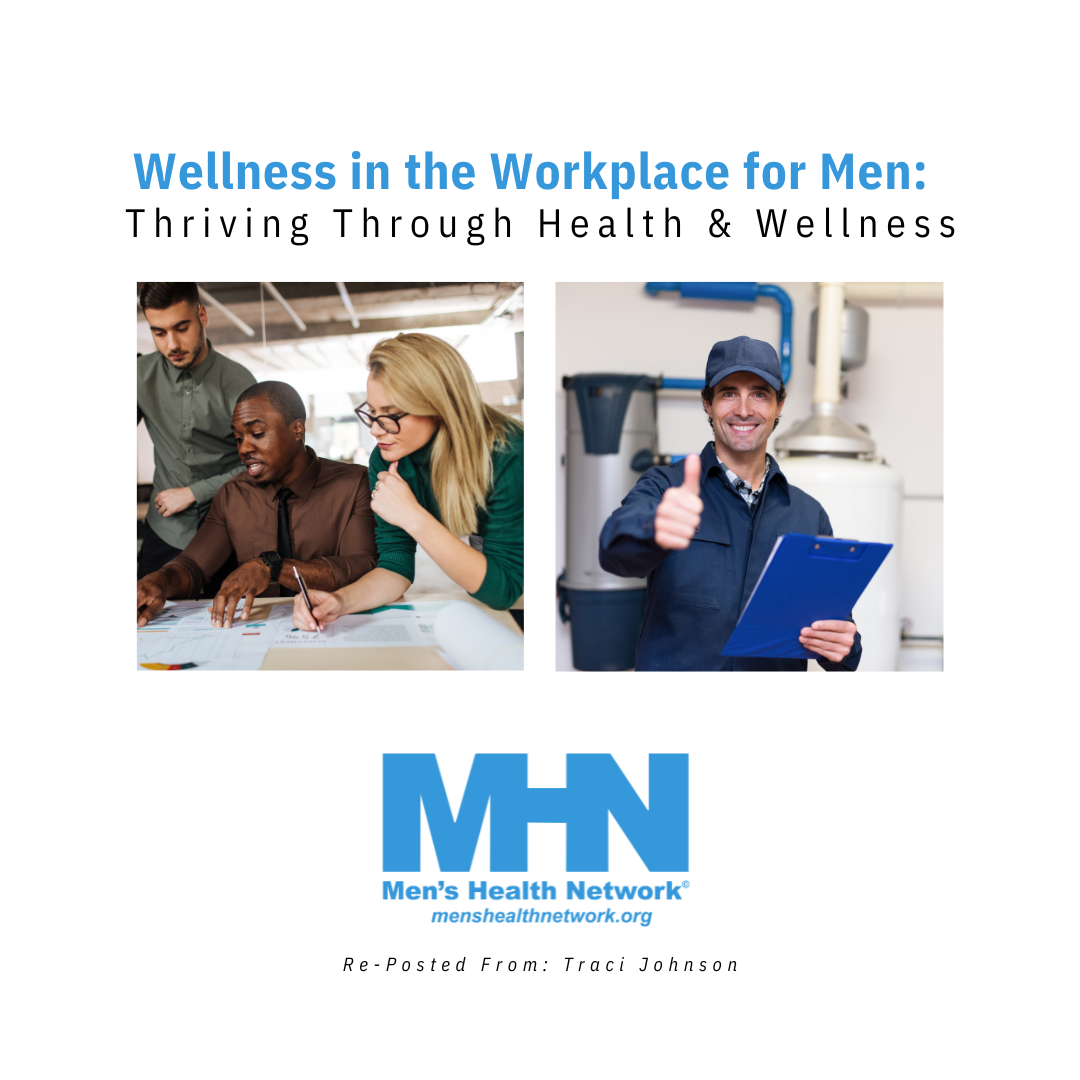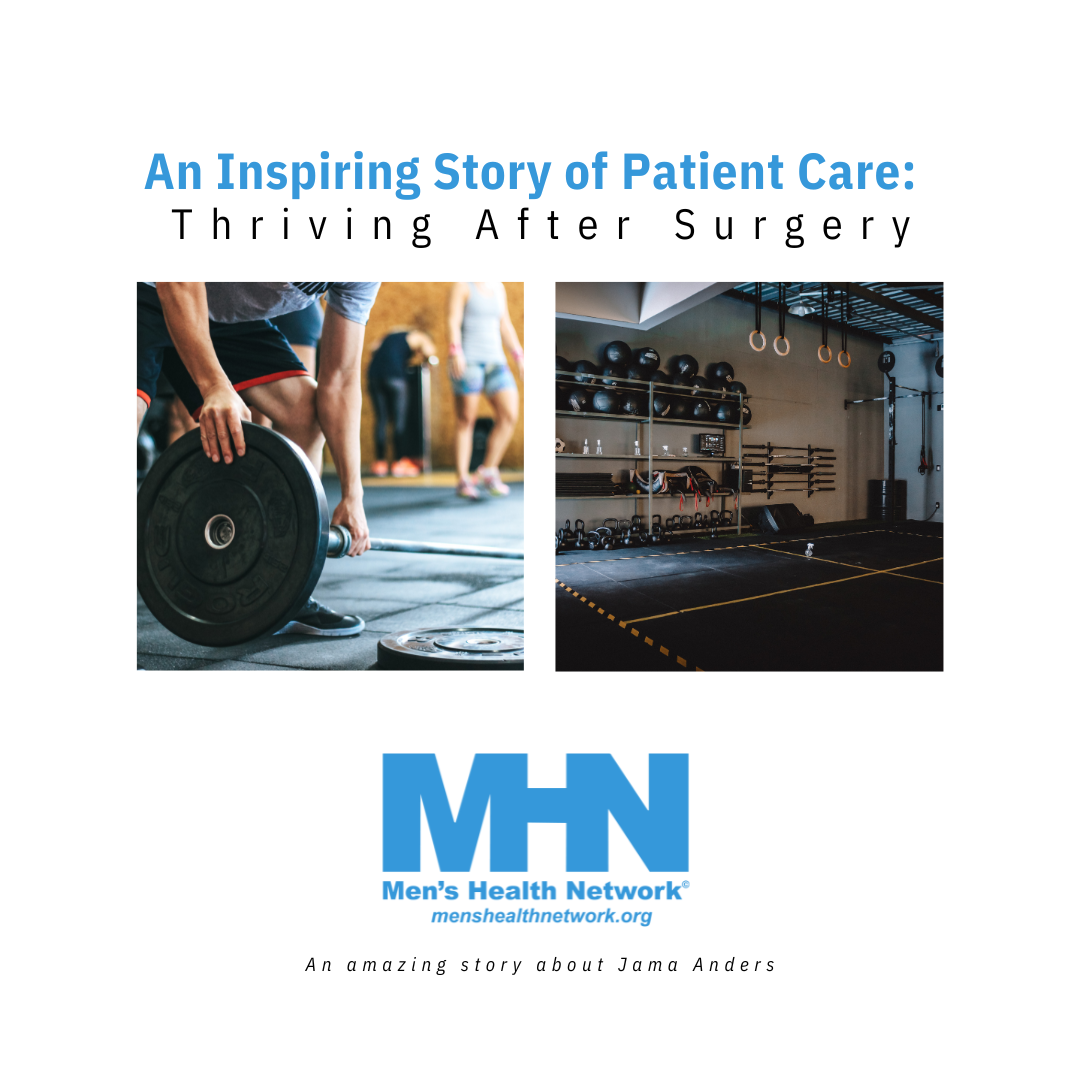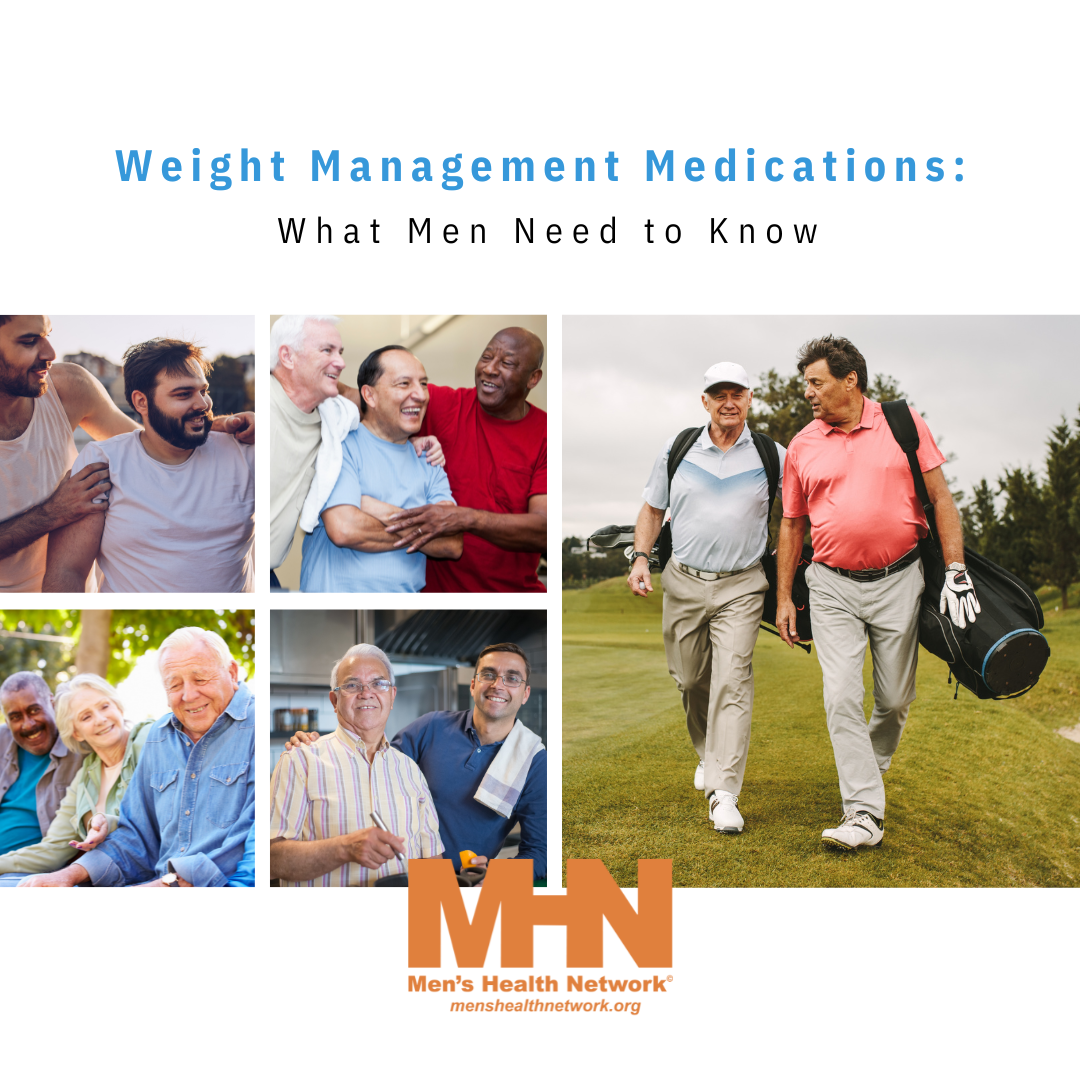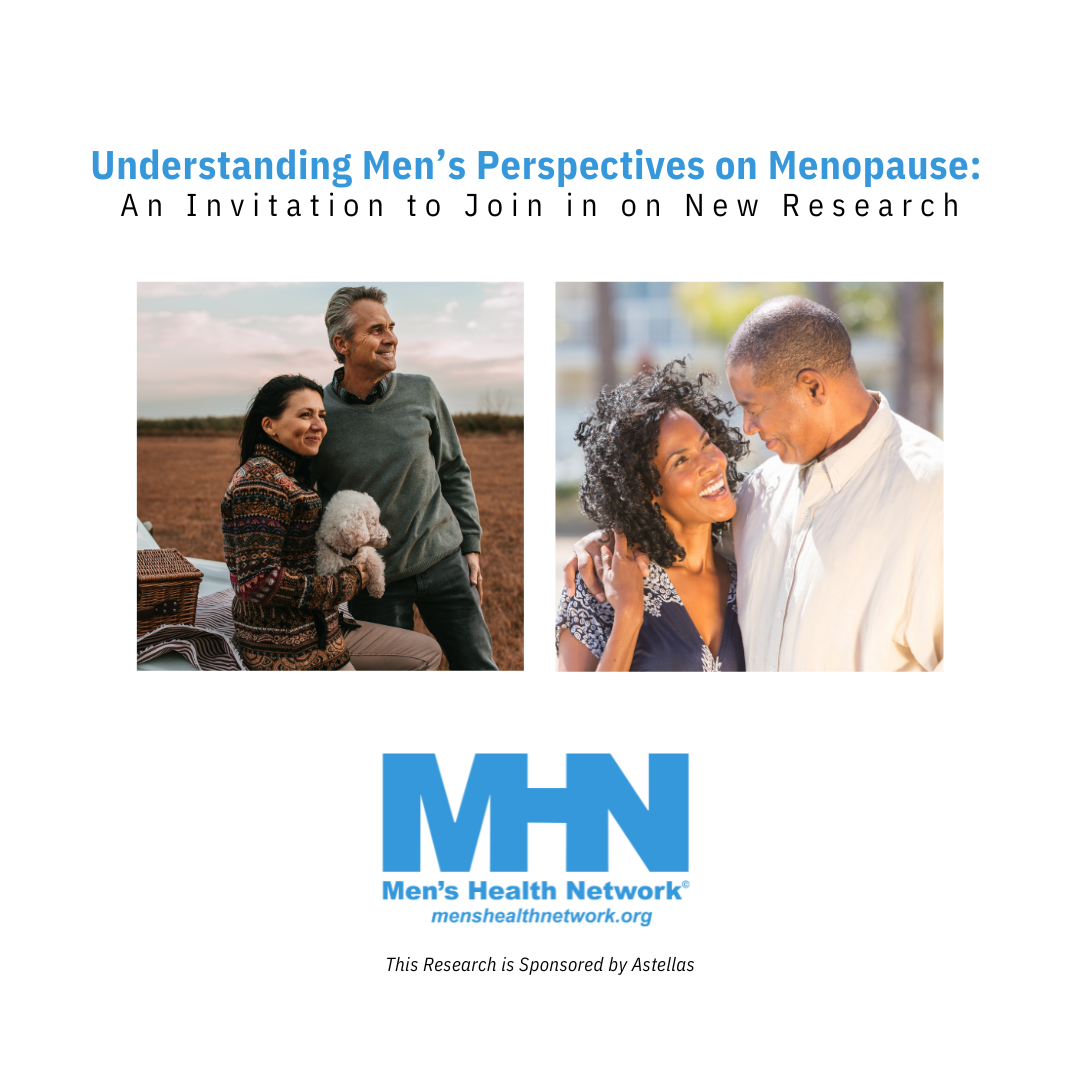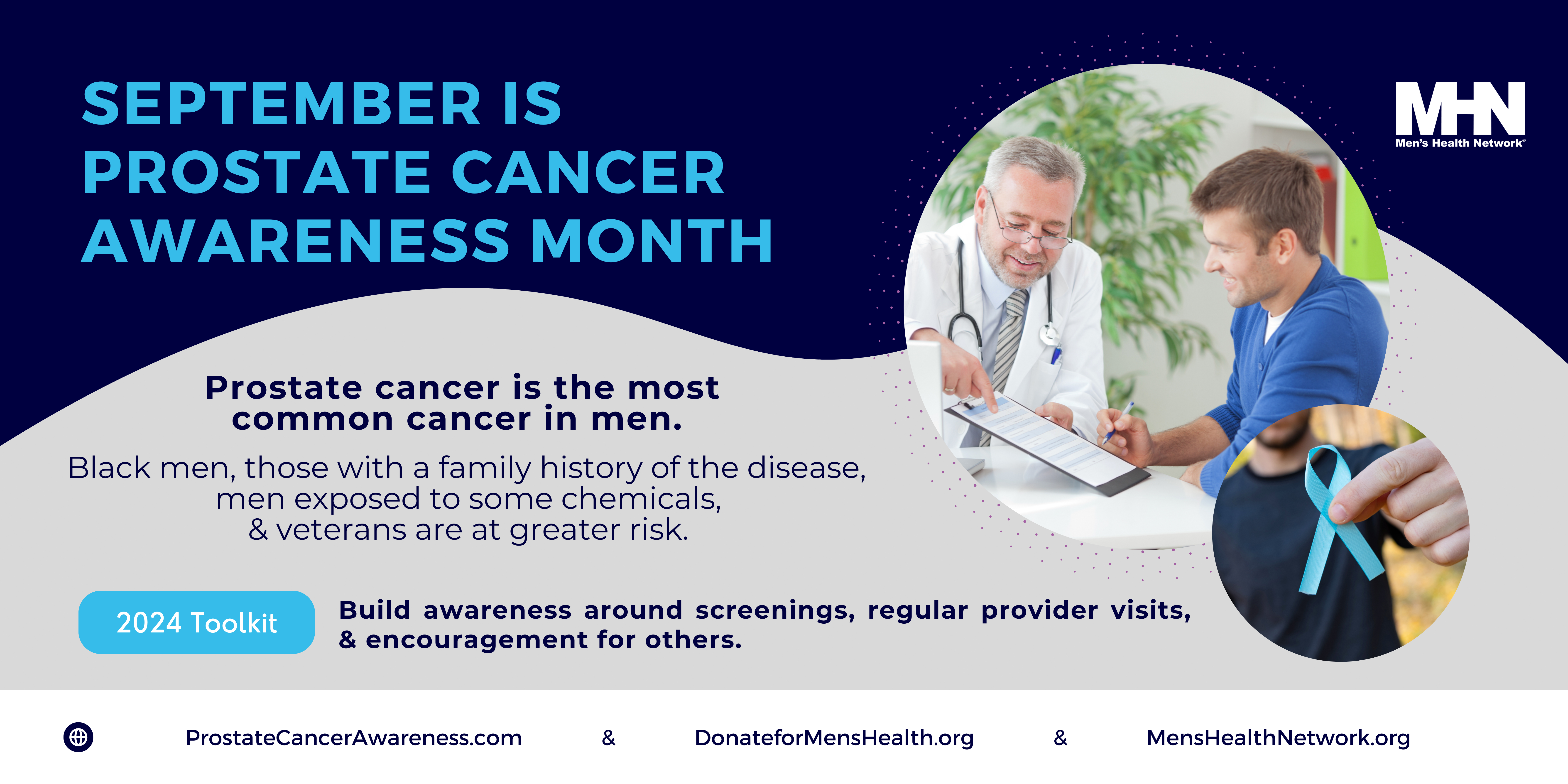In a 2023 study, the American Psychological Association found that social media usage “is associated with poor body image in youth, a known predictor of eating disorders.” This fact has been, more or less, accepted as common knowledge for the past decade or so. And while the prevalence of eating disorders has been reflected in the domains of medicine, public health, and academia, an overwhelming majority of the ensuing discourse has focused solely on women and girls. This assumption, however, that eating disorders only impact women and girls is no longer a tenable one. Continue reading
Category: Aging
Closing the Gap: How You Can Make a Difference This Giving Tuesday and Beyond
We need your help this Holiday Season to make an impact with the health and well-being of men and boys everywhere. The Lifespan Gender Gap has widened to 6 years, with men dying way too early from preventable diseases. We need everyone's help to get life-saving education, resources, and more into the hearts of communities across America. Consider purchasing from the Men's Health Network store or by donating today. Continue reading
“Daddy Blackbird:” A Story of Resilience and Healing, Unpacking Suicide’s Impact on Men and Their Families
Daddy Blackbird: A Story of Resilience and Healing Unpacking Suicide’s Impact on Men and Their Families On October 10, 2024, World Mental Health Day, Daddy Blackbird by Caroline Roodhouse made its debut—a powerful release that offers a profound look into the unique challenges men face with mental health, particularly when struggles remain unspoken. This deeply...Continue reading
Bridging the Empathy Gap in Health: A Call for Mutual Understanding and Compassion
By gathering men’s thoughts and feelings on what they observe during this stage, the goal is to foster a greater understanding of the emotional and relational aspects of menopause. Through research, Men’s Health Network seeks to highlight how men’s empathy and connection can evolve as they witness their partners or loved ones go through this life phase. Rather than viewing menopause as solely a women’s health issue, this research considers how it becomes a shared experience in many relationships, giving men an opportunity to reflect on their own roles, experiences, and feelings, ultimately building empathy on all fronts. Continue reading
Using Research to Push a Narrative
There’s a noticeable trend in research about men and women that often tells only part of the story. A prime example is domestic violence studies that falsely claim women are the sole victims, while ignoring men’s experiences. This happens in other areas too—like reproductive coercion, teen violence, healthcare, and others. Women’s troubles are spotlighted, while men’s are overlooked. Once you see this pattern, it’s hard to unsee it. Researchers acknowledge that puberty is an important factor in these behaviors, but what does puberty primarily signal? It highlights the increase in testosterone levels in young males. However, the researchers never mention testosterone.Continue reading
Wellness in the Workplace for Men: Thriving Through Health & Wellness
Wellness in the Workplace for Men: Thriving Through Health & Wellness As we have stated in previous articles, employees spend more than one-third of their lives at work, which makes the workplace the perfect arena for workers to get evidence-based healthcare information designed to improve health and make healthcare services more accessible. Many organizations provide...Continue reading
An Inspiring Story of Patient Care: Thriving After Surgery
An Inspiring Story of Patient Care: Thriving After Surgery I recently had the pleasure of interviewing the dynamic duo of Jama Anders, a professional weightlifter and longtime Crossfit instructor, and his spine surgeon, Dr. Ehsan Jazini, who, in a seemingly miraculous intervention, was able to perform a disc replacement on Jama that would allow him...Continue reading
Weight Management Medications: What Men Need to Know
As a man exploring weight loss options, you've likely heard about new medications making headlines. Understanding Weight Management Medications A new class of medications, known as GLP-1 receptor agonists (or SGLP-like medications), have shown impressive results in promoting weight loss and improving overall metabolic health.Continue reading
Understanding Men’s Perspectives on Menopause: An Invitation to Join in on New Research
Menopause is a significant life stage for women, but it also impacts the men in their lives. Understanding how men experience this transition is crucial for developing support systems that work for both partners. Your participation could be the key to creating resources that will benefit couples facing this transition in the future. By sharing your experiences, you will help close the empathy gap and foster a culture where men and women feel equally supported during menopause.Continue reading
September is Prostate Cancer Awareness Month – What You Need to Know
Prostate cancer is a critical health issue that affects a large number of men worldwide. With September designated as Prostate Cancer Awareness Month, it’s an opportunity to promote awareness, encourage regular health screenings, and educate men about early detection and treatment. Prostate cancer is the most common cancer among men, and understanding the risks, symptoms, and prevention strategies is essential for reducing its impact. This blog covers key information on prostate cancer and how you can get involved in raising awareness and supporting the cause.Continue reading


